Western countries such as the US and Australia have faced diplomatic dilemmas in dealing with the Thai army that seized power in a coup in May.
Generals have rolled back civil liberties and are ruling the country with no definitive timetable set for democratic elections.
Political gridlock in Washington has prevented US President Barack Obama from getting any of his ambassadorial nominees confirmed, leaving the US without a top diplomat in almost 50 countries at a time when Washington is grappling with threats from Islamic militants in Iraq and Syria, the civil war in Ukraine,
Ebola in West Africa and China's rise in the Pacific, among other global concerns.
The US has been among countries openly pressing Thailand's military to move quickly to restore democracy in the region's second largest economy.
Ms Kenney, a 59-year-old former ambassador to the Philippines, delayed her departure from Bangkok for almost a year longer than the typical ambassador's term of three years because of the Washington logjam.
She has been waiting to join her husband William Brownfield, who has a top US State Department job, in Washington.
In a YouTube message Ms Kenny said Mr Obama would appoint a new ambassador to Thailand and ''we hope that ambassador will arrive in the new year''.
The US embassy in Hanoi has also been without an ambassador since August as the US tries to improve relations with Vietnam, easing a long-standing arms embargo and helping its former enemy modernise its military to help fend off China's aggressiveness in the South China Sea.
Republicans in the Senate have held up the May appointment to Hanoi of Ted Osius, a Vietnamese-speaking career foreign service officer who would be America's first openly gay ambassador in Asia.
The US has ambassadorial vacancies in countries including Turkey, Sierra Leone, and nine posts in Eastern Europe.
Republicans in the US Senate have used procedural tricks to stall the appointments despite most being approved by the Senate Foreign Relations Committee. They claim Mr Obama is nominating an usually large percentage of political supporters rather than career diplomats.
''We're going without our strongest voice on the ground every day in more than 25 percent of the world,'' US Secretary of State John Kerry said last week.
Australia has appointed senior career diplomat Paul Robilliard to be ambassador in Bangkok, replacing South-east Asia veteran James Wise. Mr Robilliard took up the post this week.
Fairfax Media

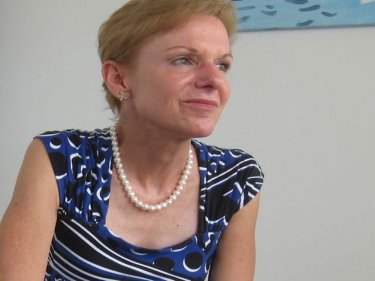





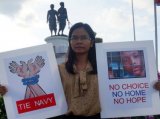

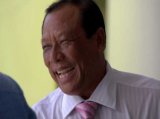


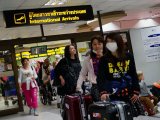

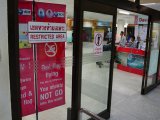

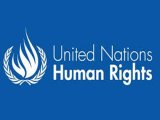



I am struggling to get my head round this article. The mighty US which has so much say in so many countries, cannot find the time or will to perform a simple function such as fill a now considerable & growing list of vacant ambassadorial positions?
As a non American I find this quite incomprehensible. I am sure it is a matter of real concern to US nationals. Perhaps instead of appointing career diplomats, the US should consider appointing senior military personnel, perhaps those retired or approaching retirement from active duty.
Posted by Logic on October 9, 2014 10:34